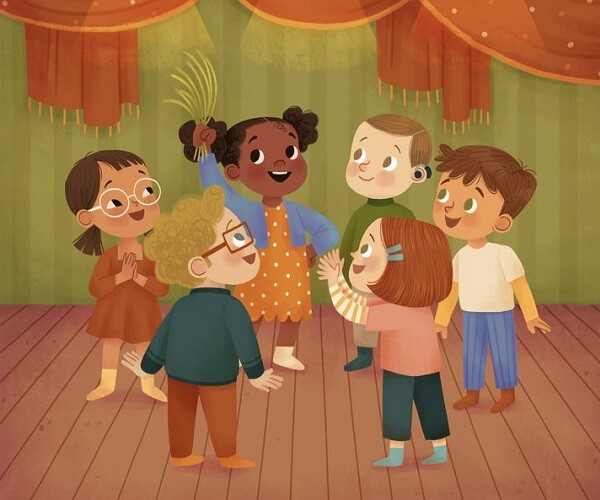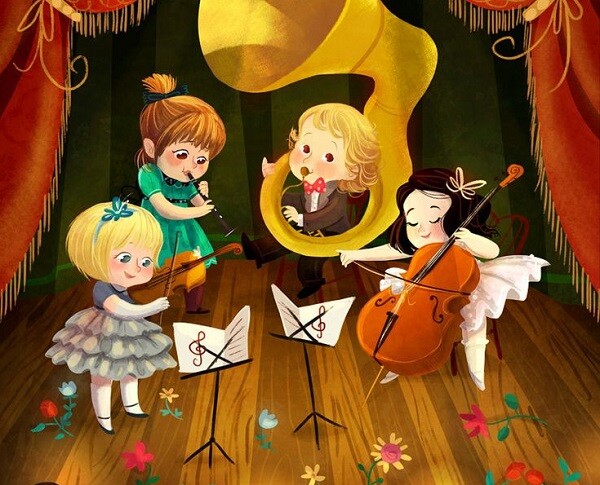## Hobbies Classes: Choosing the Right Ones for Your Child’s Well-being and Development
It’s important to consider extracurricular classes for children, but it should be a well-thought-out decision. Here’s why:
Lack of Interest Leads to Lack of Motivation
Interest is the best teacher for children. Without passion, they lack the motivation to learn, resulting in poor absorption. When children are interested in a subject or activity, they naturally explore and discover, fostering self-development. Forcing them into a dance class when they’re uninterested, for instance, becomes a burden instead of a positive experience, causing stress and reducing enjoyment.


Average Teaching Quality and Inappropriate Methods
Many classes are offered on a large scale, but the quality of instruction is poor. With the rise of educational centers, especially hobby classes, it’s no surprise that some focus on quantity over quality. For instance, in a low-quality art class, inadequate guidance and feedback from teachers hinder children from mastering precise techniques, causing frustration and a sense of stagnation.

Large class sizes make it challenging for teachers to track individual progress, leading to a lack of timely and accurate feedback. Moreover, teaching methods must keep up with the times to remain relevant and effective. Incorporating technology, using modern tools, and adopting innovative approaches enhance learning and foster creativity.

Lack of Practical Opportunities
If a class focuses solely on theory with little to no practical application, it hinders children’s ability to develop their skills. For example, in a painting class, if the teacher mostly lectures and rarely organizes outdoor sketching or creative exercises, children miss out on applying their knowledge. Restricting their freedom to express themselves limits creativity, making the class dull and uninspiring.

Conclusion: A Cautious Approach
Parents should be cautious about following trends and instead consider their child’s age, interests, and talents when choosing extracurricular classes. Each child is unique, and comparing them to others can be detrimental to their confidence. Parents should actively participate in the selection process, gathering information about the curriculum and seeking feedback from other parents or attending trial classes to assess the teaching quality.

Pay attention to the teaching methods—do they encourage creativity and provide practical opportunities? By making informed decisions, parents can avoid wasting money and, more importantly, ensure their children’s well-being and optimal development.






































